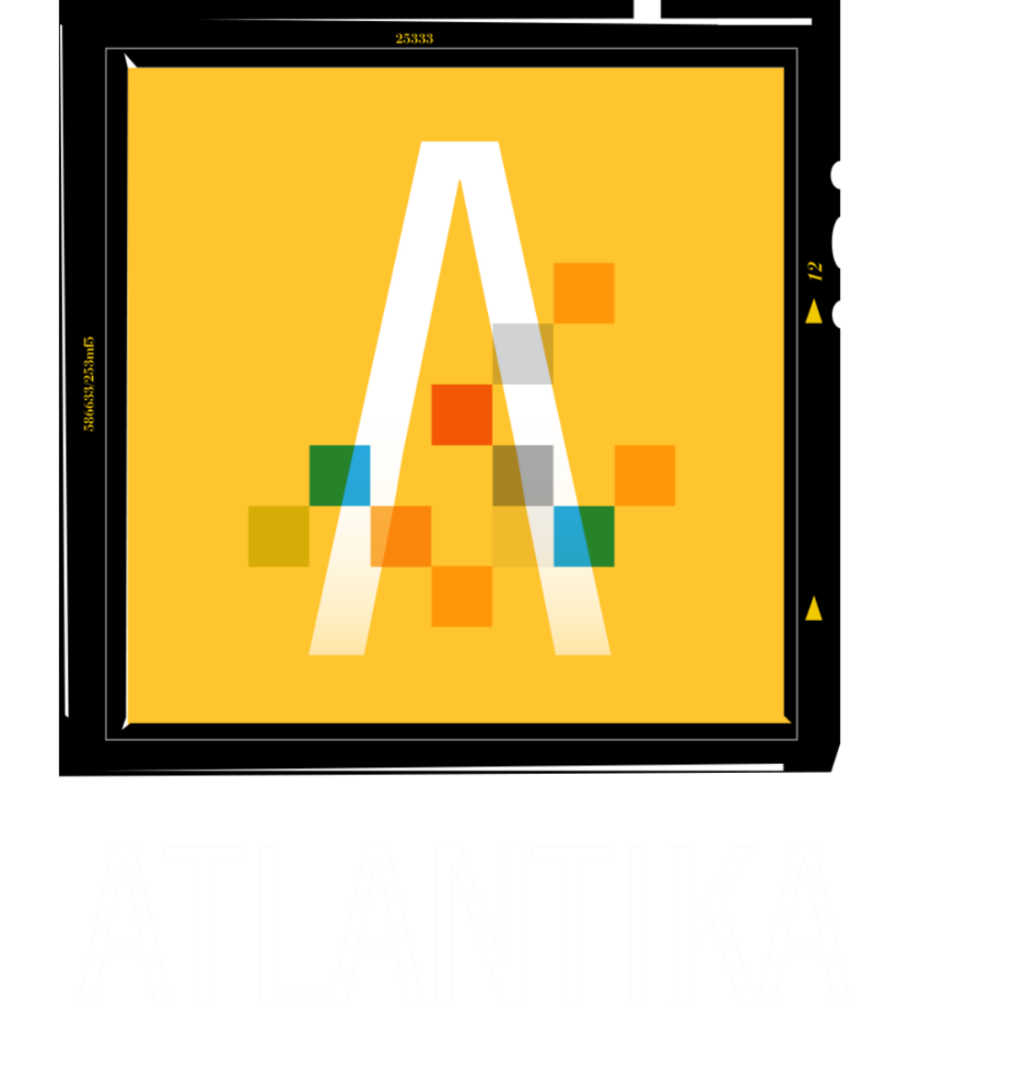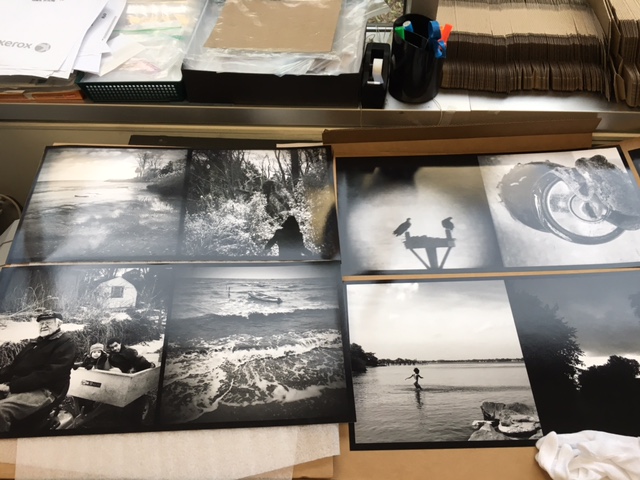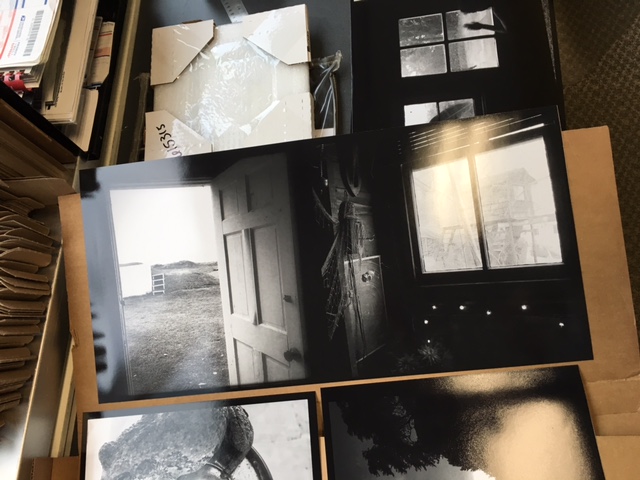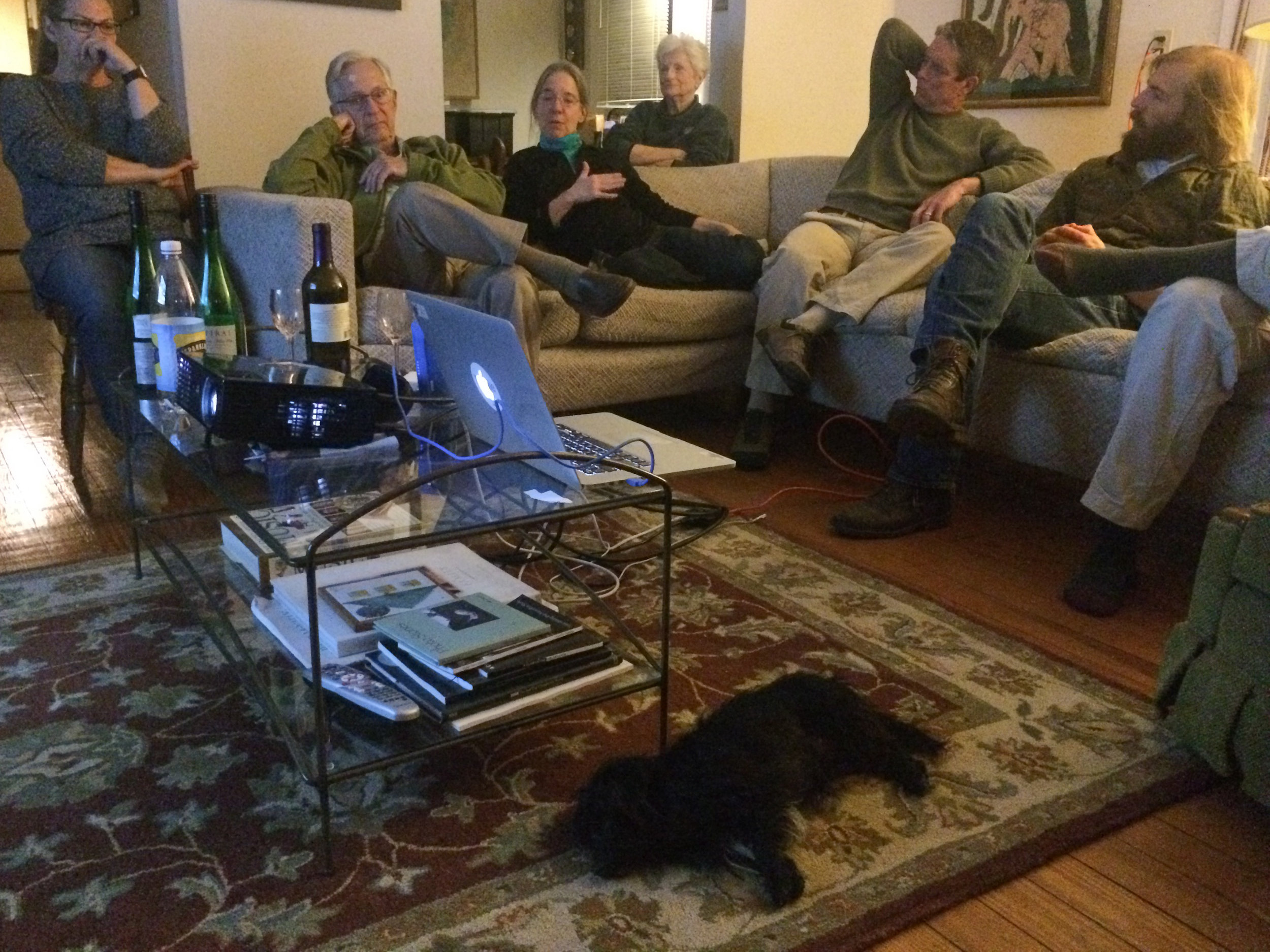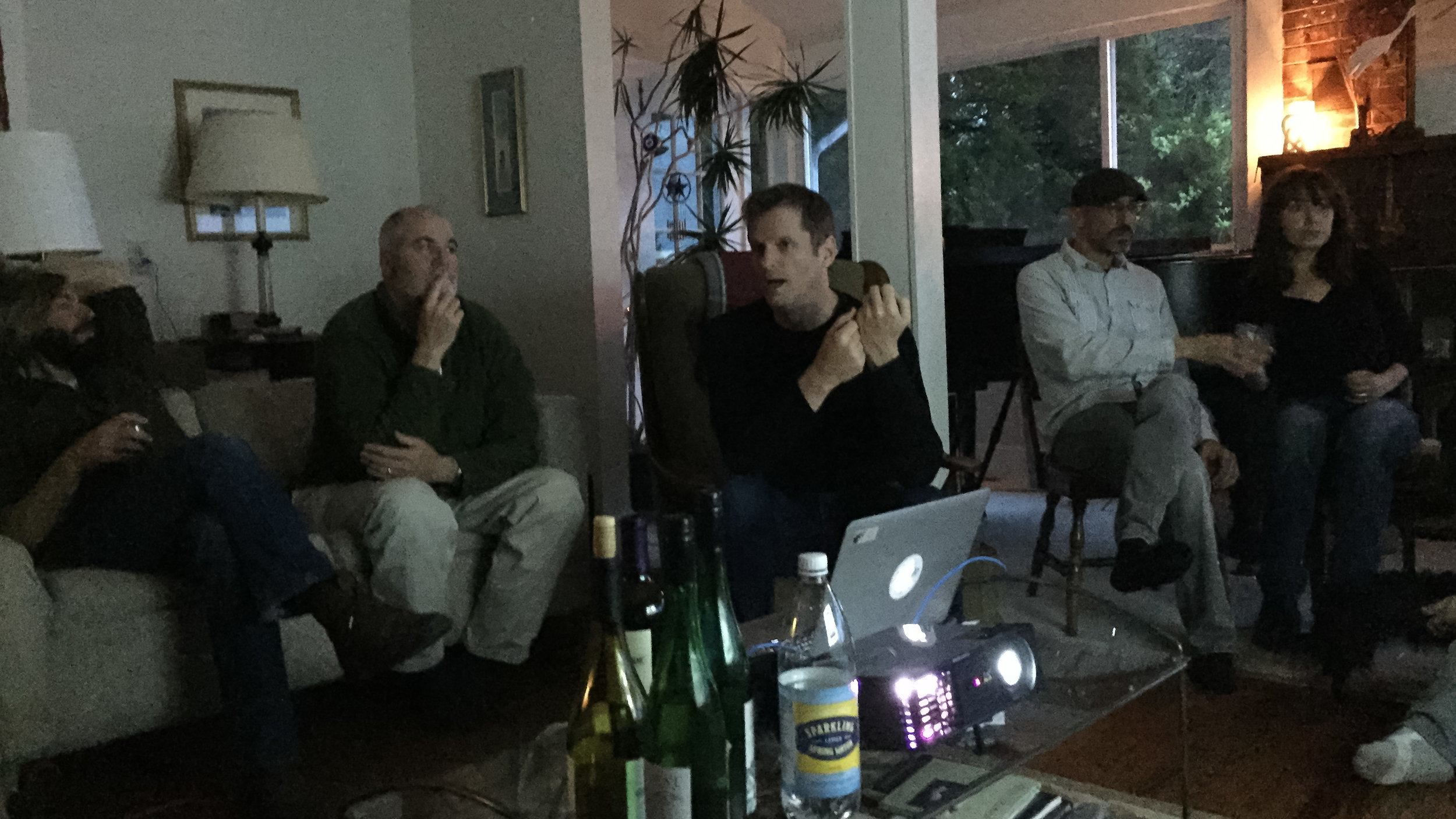Bill Crandall
Photography is a notoriously lonely occupation. You’re out there in the world, trying to figure out what to do, where to go, how to translate the often vague ideas in your head, how to conjure them into reality. You see wonderful things but also depressing things. No one is promising to pay you, or reward you, or even notice whether you do or don’t succeed. You get sick, you get better, or you carry on anyway. You wish someone would tell you what to do, until you remind yourself that’s a fatal copout. The whole point is that it has to come from you.
So no wonder that photographers cherish the camaraderie and insight of their peers. People who get what you’re after and care enough to want to help you ‘get there’. This is the allure of the collective.
Also no wonder that it’s very special and rare when you get the chance to connect your work in meaningful ways with the public, especially with those with concern or rooting interest in the subject matter. This is where community outreach comes in. In Atlantika we made it part of our mission statement to create threads of connection beyond the group. To amplify the power of our work through collaboration with the community.
For one of our group weekend retreats late last spring, as we were pulling our Watershed work together in earnest for the St Mary’s exhibition, we decided to meet at my mother’s house in Fairhaven MD, which is overlooking the bay about twenty miles south of Annapolis.
The simple purpose of these retreats is to work on our projects and help other members work on theirs. The latter reason turned out to be particularly valuable, as Joe took my Bay project - which until then had been a long-running but not exactly coherent set of images from my years of watching my daughter grow up visiting grandma’s bayside world - and brought it into sharper focus by combining the images into diptychs. That new set of eyes helped redefine and shape the work in a way I wouldn’t have thought of.
Here's a few shots the lab sent me as they get ready to mount them on gatorboard for the show:
We also took the opportunity to meet with the community. After a weekend of editing and scraping things into form, local residents and members of local environmental groups came over to the house to have a look, talk it over, voice their own ideas. That feeling of going from detachment to connection was tremendously grounding for our efforts. The idea is that we’ll do Watershed as a series of exhibits, which will change and grow as we go, and bring the work to a variety of bay communities like Fairhaven.
